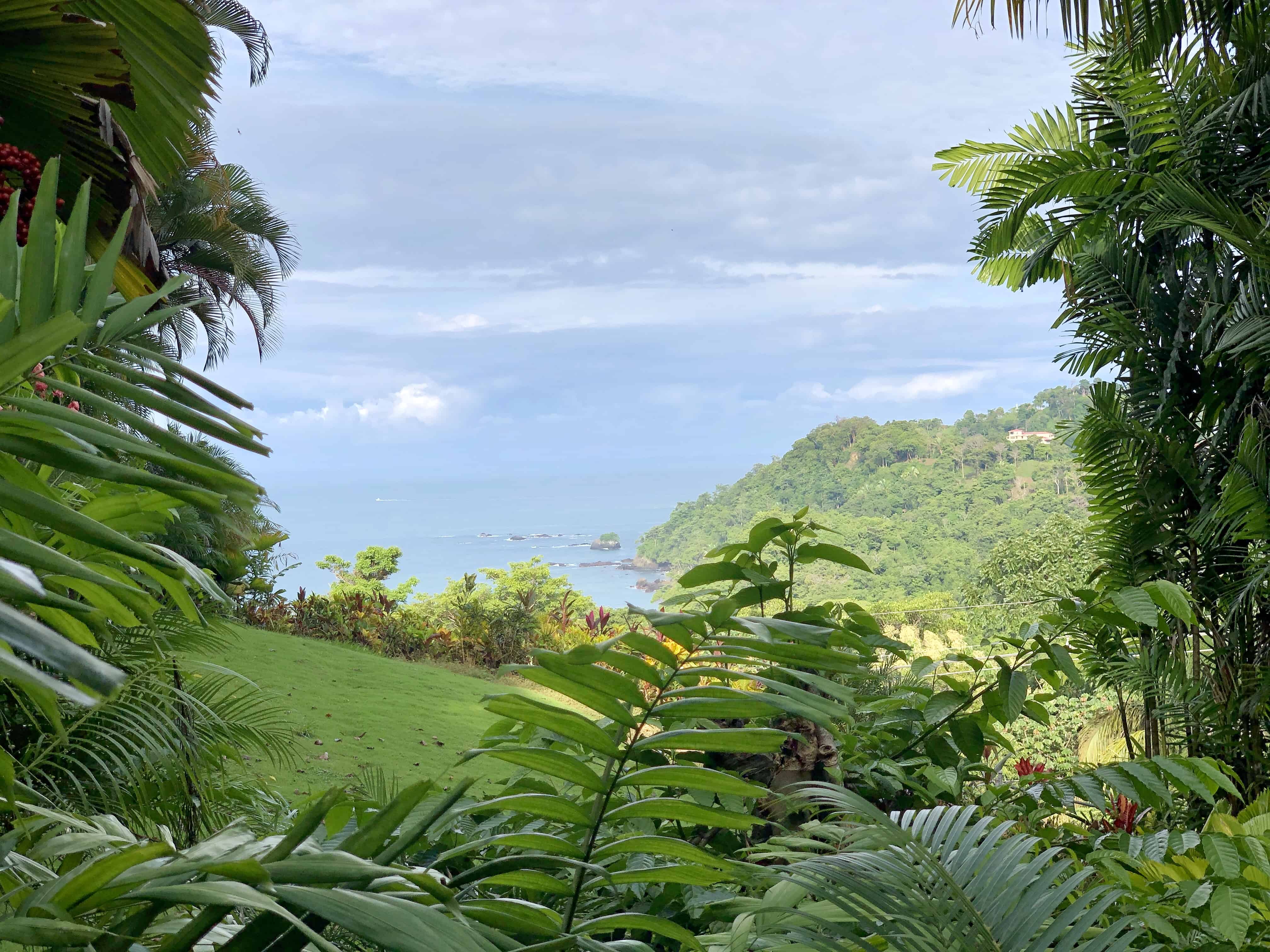This is Part 2 of a three-part series. Read the first installment here.
In my last article, I detailed the devastating impact Covid-19 had on the hospitality industry in Costa Rica. In this article, I will describe how that industry and the resilient people of Costa Rica dealt with the new normal.
As Covid travel restrictions shut down the borders, people were laid off as jobs disappeared, but the flexibility and resilience of the Ticos came to the fore.
People started making goods to sell from home: furniture, baked goods, meals, clothes and all manner of things. Quickly the number of street vendors selling mangos, strawberries, pineapples and vegetables tripled. It was cheap and easy to get your neighbor or the mother of a friend to deliver tonight’s dinner. Home gardens became market gardens overnight. All restaurants focused on delivery. The number of people available for home services — gardening, housecleaning, barbering, and renovating — ballooned. Everyone was scrambling to make ends meet.
In order to give you a glimpse on how the hotel industry was able to cope with Covid-19, let me share how we handled the crisis as a reflection of how many hotels stepped up during the crisis.
At Serenity Boutique Hotel, we were hit particularly hard. Europeans, U.S. Americans and Canadians were our bread and butter. We knew immediately that if we didn’t have a plan and a single focus, we might not survive. And going under wasn’t an option.
We went back to basics and the most important focus of all, our guests. How could we best prepare for their return, how could we offer services that would provide revenue and jobs to our staff in these tough times, and how could we make our accommodations better suited to where the travel market was going?
The first step was communications. We talked to our staff to let them we would protect them as much as possible, to listen to their input on coping strategies, and to assure them that we needed their support and energy to make it back to better times. We took advantage of the downtime opportunity to do some advanced in-house customer service training for our staff.
We kept the doors open even if we had one guest. Immediately all hotel jobs were split among the staff who were capable and available to do them. Some income was better than no income. We needed, at all costs, to keep our staff intact, our face to our guests.
We came to an agreement with our lenders to provide some financial relief until we could stand on our own again, and we cut expenses wherever we could as long as it didn’t have a negative impact on our level of customer service.
We shifted our focus to national tourism by lowering our room rates and by working with a Costa Rican online marketer. Now, at least, we were busy again on weekends as Central Valley residents came at the end of the week to enjoy the Pacific coast. We added a deli (teaming with a well known local cooking talent) to our bar so that people would have more hospitality choices when they visited.
We increased our local profile by having a number of local events: BBQ’s, opening our pool to locals, specialty theme days, Master Chef contests. All respected guidelines and were well-attended. We worked hard at increasing our social media footprint.
We studied tourism trends and started a hotel renovation to provide safe, quiet and air-conditioned office space to attract digital nomads, a developing trend.
We communicated with previous guests that we were still open, that we had incorporated all recommended Covid-19 prevention measures, that we had increased our services to make their next stay better and were indeed welcoming them back.
In short, we pulled out all the stops. Anything that might help the situation was considered. There were no bad ideas. And I observed many hotels instituting the same action plans.
To paraphrase Samuel Johnson, the thought of impending doom focuses the mind.
Did all these measures return us to full health and provide full time jobs for all our staff? Sadly, no.
What it did was limit the damage, keep the doors open for when normalcy returns, improved our ability to serve our guests better, and most importantly kept us focused on what needed to be done tomorrow, next week and next month instead of worrying about the future.
Garry Wallace is a managing partner at Serenity Boutique Hotel in Quepos, Puntarenas. Learn more at www.serenityhotelcostarica.com.






